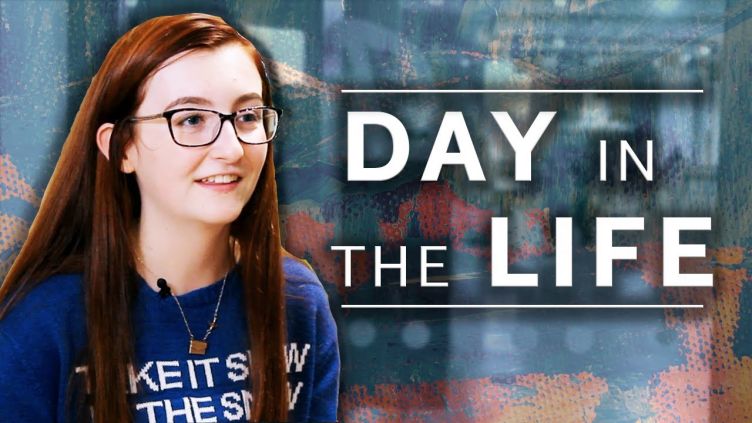What is orthoptics?
Orthoptics is the investigation and management of disorders of binocular vision and defects of eye movement. Orthoptists make a valuable contribution to the eye care team, working with patients of all ages.

Most orthoptists are employed in hospital eye departments receiving referrals from consultant ophthalmologists, GPs, health visitors, school nurses and optometrists. Others work in the community, providing vision screening in schools and health centres.
Patients presenting to an orthoptist may have a sudden onset of diplopia (double vision). In such cases the role is to investigate the patient and make a differential diagnosis of the condition, alleviate the diplopia and plan the long-term management of the ocular signs and symptoms with the consultant ophthalmologist. Children presenting with childhood strabismus (misalignment of one eye) are treated for visual loss in the deviating eye (amblyopia) and may have the strabismus corrected with glasses, prisms, exercises or surgery on the eye muscles. Detailed diagnostic tests performed by the orthoptist allow decisions to be made on the appropriate treatment for individual patients.
Orthoptists may assist ophthalmologists in the diagnosis and management of glaucoma (a condition of raised pressure within the eye, which can lead to vision loss). Tests carried out include visual field assessment on computerised visual field analysers, which allow the blind spots caused by glaucoma to be accurately plotted, measurement of intra-ocular pressure and computerised optic disc assessment.
Low vision clinics to assess patients with poor vision are also offered by orthoptists in some areas. They give advice to maximise visual performance and supply visual aids such as magnifiers and telescopes where appropriate. Other extended roles of an orthoptists can involve examining patients who have suffered a stroke and have visual symptoms, electrodiagnostic and eye movement testing, examining and monitoring patients with cataract or diabetic retinopathy.
HEAR
As a student at the University of Sheffield you will be given a Higher Education Achievement Report (HEAR). It is a comprehensive report of your university achievements which you can access online throughout your time as a student. It includes academic information about your course, subjects studied and grades, extra-curricular activities and awards you have obtained.
We encourage orthoptic students to become involved in volunteering activities during the three years of study. Orthoptic volunteering is an extra-curricular activity designed exclusively for orthoptic students which is approved by HEAR. It comprises of 6 activities within the department. These include
1. Participant for undergraduate orthoptic research projects
2. Participant for staff research within the unit
3. Help at open days/ interview days
4. Peer teaching
5. Volunteer at practical exams
6. Attend local schools/colleges with the admissions tutor to promote the orthoptic degree programme
You can use your HEAR as evidence of the knowledge and skills you gain at the University of Sheffield and it can help demonstrate your broad range of achievements when applying for jobs or further study.

International undergraduate scholarships
We are offering scholarships of £2,500 for each year (subject to a 60% average) of your undergraduate degree. The maximum value is £10,000 for four-year programmes.


